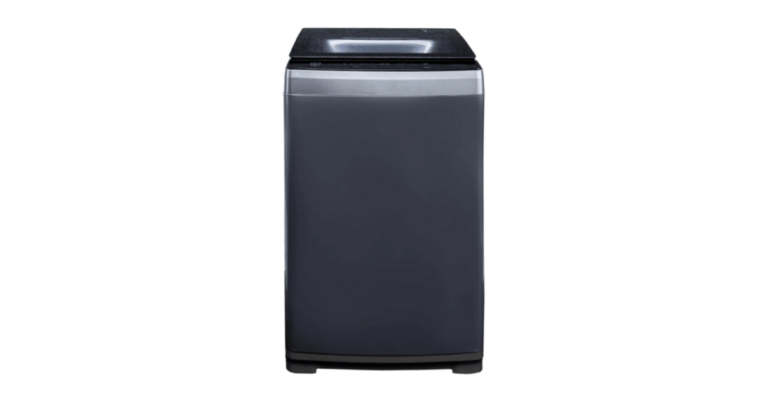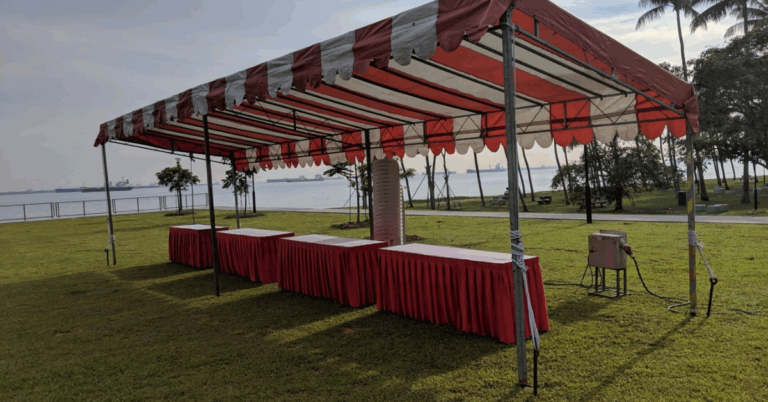Understanding Washing Machines: Why Choose a Washing Machine 220V 60Hz?
When it comes to household appliances, washing machines are among the most essential devices for any home. They simplify the task of laundry, saving time and effort. If you’re considering purchasing a washing machine or upgrading your existing one, understanding the electrical specifications such as Washing Machine 220V 60Hz is crucial. This blog will explore everything you need to know about washing machines with this voltage and frequency rating, helping you make an informed choice.
What Does Washing Machine 220V 60Hz Mean?
Before diving deeper into the topic, it’s important to understand what 220V 60Hz signifies. 220V (Volts): This is the voltage rating of the washing machine, indicating the electrical potential required to operate the device. A 220V washing machine requires a higher voltage supply than a standard 110V appliance, meaning it draws more power. 60Hz (Hertz): This represents the frequency of the electrical current. In this case, 60Hz means the electric current changes direction 60 times per second. This is the standard frequency for electrical outlets in many countries, including the United States. Together, a washing machine labeled 220V 60Hz means it is designed to run on a 220-volt electrical supply operating at a frequency of 60 cycles per second.
Why Choose a Washing Machine with 220V 60Hz?
1. Higher Power for Efficient Performance
Washing machines operating at 220V generally have more power than those at 110V. This translates to faster spinning, quicker wash cycles, and the ability to handle larger loads efficiently. The higher voltage supports the motor in performing more effectively, reducing washing times and improving overall cleaning performance.
2. Compatibility with Household Electrical Systems
Many residential and commercial electrical systems provide power at 220 volts, especially for high-power appliances like dryers, ovens, and washing machines. Using a washing machine rated for 220V ensures compatibility without overloading circuits or requiring additional adapters.
3. Energy Efficiency
Contrary to popular belief, washing machines operating at 220V can often be more energy-efficient. They tend to complete cycles quicker and use electricity more effectively, potentially lowering your electricity bill over time.
Features of Modern Washing Machines Using 220V 60Hz Power Supply
When shopping for a washing machine designed for 220V 60Hz, consider the following features:
a. Large Capacity
Higher voltage machines often come with larger drum capacities, suitable for families or businesses that need to wash more clothes in fewer cycles.
b. Multiple Wash Programs
These machines typically offer various wash settings tailored to different fabric types and soil levels, providing gentle or intensive cleaning as needed.
c. Advanced Motor Technology
Many 220V washing machines use inverter motors, which adjust speed and power consumption according to load requirements. This enhances efficiency and reduces noise.
d. Smart Features
Some models include smart controls, allowing users to start, stop, or monitor cycles via smartphone apps.
Installation and Safety Tips for Washing Machines 220V 60Hz
Proper Electrical Setup
Since these washing machines operate at a higher voltage, it is important to ensure your home’s electrical wiring can support the load safely. Hiring a qualified electrician to install a dedicated circuit with the right voltage and amperage is recommended.
Grounding and Circuit Breakers
Proper grounding of the appliance and the installation of a circuit breaker protect against electrical hazards. This helps prevent shocks, short circuits, or fire risks.
Water Connections
Ensure that the water inlet and outlet hoses are securely attached and in good condition to avoid leaks or flooding.
Placement
Position your washing machine on a flat, stable surface near the water supply and electrical outlet. Allow adequate space around the appliance for ventilation and maintenance access.
Common Applications for Washing Machines 220V 60Hz
While many residential homes use standard 110V machines, 220V washing machines are particularly popular in the following scenarios:
-
Large Families: The enhanced power and larger capacity make them suitable for frequent, heavy-duty laundry.
-
Commercial Use: Laundromats, hotels, and other businesses often require washing machines that can handle continuous, heavy use.
-
Industrial Settings: Factories and workshops with uniforms or materials that need regular cleaning often employ high-voltage washing machines.
-
Regions with 220V Power Supply: Some countries or areas supply 220V power as the standard, making these machines the natural choice.
Maintenance Tips for Washing Machines 220V 60Hz
Proper maintenance ensures your washing machine performs efficiently and lasts longer. Here are some tips specific to 220V machines:
Regular Cleaning
Clean the detergent drawer, drum, and filter regularly to prevent build-up of detergent residue and lint.
Inspect Electrical Connections
Periodically check power cords and plugs for signs of wear or damage. Replace immediately if any issues are found.
Avoid Overloading
Even though these machines are built for heavy loads, overloading can strain the motor and reduce efficiency.
Professional Servicing
Schedule regular professional servicing to inspect the motor, electrical components, and water connections.
Benefits of Buying from Reliable Providers
Purchasing a washing machine 220V 60Hz from trusted suppliers ensures you receive a product that meets safety standards and offers reliable performance. Authorized dealers often provide warranties, professional installation services, and customer support, giving you peace of mind.
How to Choose the Right Washing Machine 220V 60Hz for Your Needs
Assess Your Laundry Volume
Evaluate how much laundry you typically wash to select a machine with an appropriate drum size and power rating.
Consider Energy Efficiency
Look for Energy Star-rated appliances to save on electricity costs without compromising performance.
Check Additional Features
Think about features like quick wash, delayed start, and fabric-specific cycles based on your preferences.
Budget and Warranty
Set a budget and consider the warranty and after-sales service offered by the manufacturer or retailer.
Conclusion
Choosing the right washing machine with the correct electrical rating is critical for safety, efficiency, and performance. A washing machine 220V 60Hz offers powerful, efficient washing suited for larger loads and heavy-duty use, making it an excellent option for many households and businesses. Understanding the specifications and features will help you select the best model tailored to your requirements. Investing in a high-quality 220V washing machine ensures your laundry tasks are completed faster, more effectively, and with less energy consumption—delivering long-term value and convenience.
Frequently Asked Questions (FAQ)
1. Can I use a 220V washing machine on a 110V power supply?
No, a washing machine designed for 220V cannot operate properly on a 110V supply. Doing so can cause malfunction or damage to the appliance.
2. What is the difference between 50Hz and 60Hz washing machines?
The frequency (Hz) indicates the cycles per second of the electrical current. Washing machines designed for 60Hz operate on systems common in North America, while 50Hz is typical in many other countries. Using a machine with the wrong frequency may affect performance and motor lifespan.
3. Is a 220V washing machine more expensive to run?
Not necessarily. While it uses higher voltage, 220V machines can complete cycles faster and more efficiently, often leading to comparable or even lower energy consumption over time.
4. Do I need a special outlet for a 220V washing machine?
Yes, 220V washing machines require dedicated electrical outlets designed for higher voltage and current to operate safely.
5. Can a professional electrician install my 220V washing machine?
Yes, it’s highly recommended to have a licensed electrician install the machine to ensure safety and compliance with local electrical codes.
If you are ready to upgrade your laundry experience with a reliable washing machine 220V 60Hz, consider the quality, safety features, and efficiency of the model you choose. Proper installation and maintenance will keep your appliance running smoothly for years to come.
Read More
- https://businessmagazine.com.in/can-you-use-a-50hz-fridge-on-60hz-power-everything-you-need-to-know/







